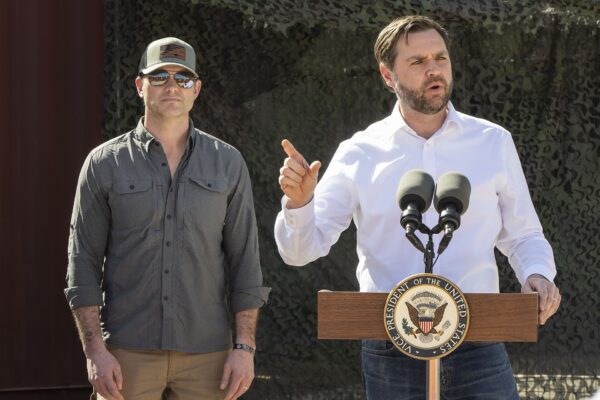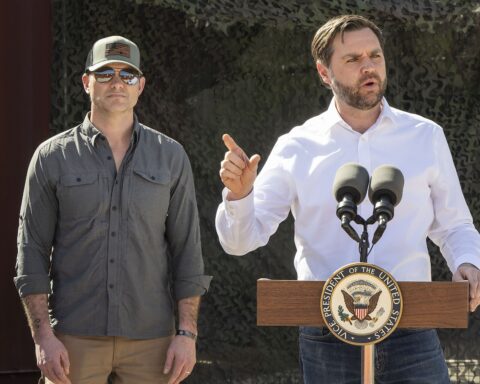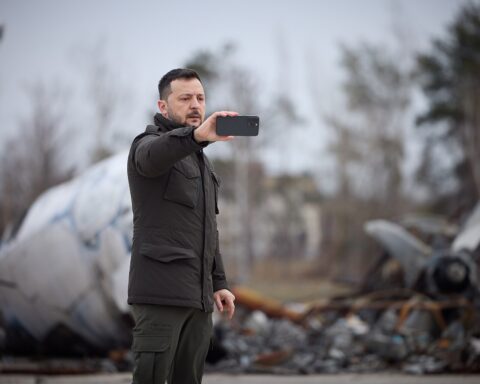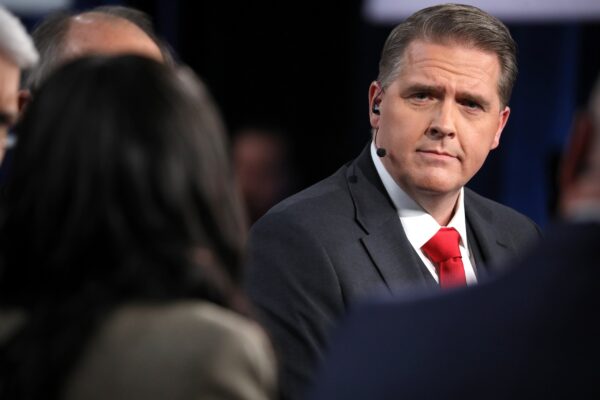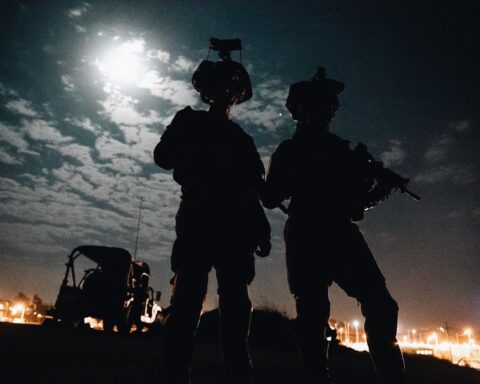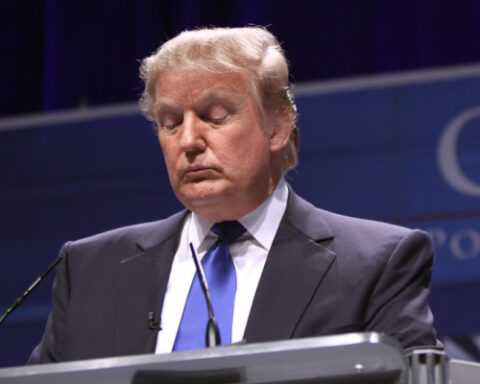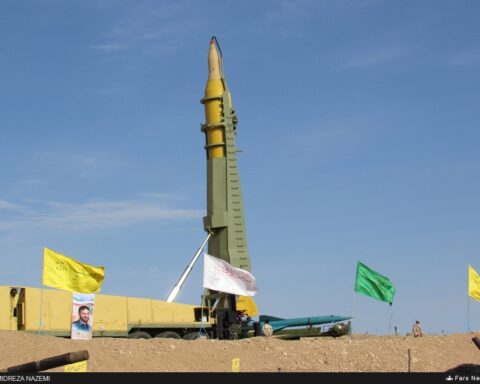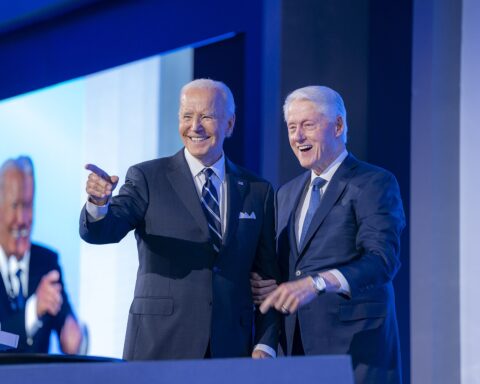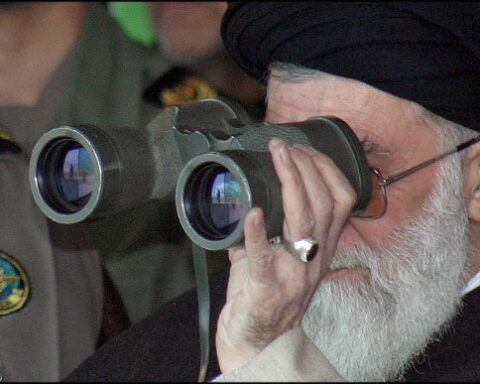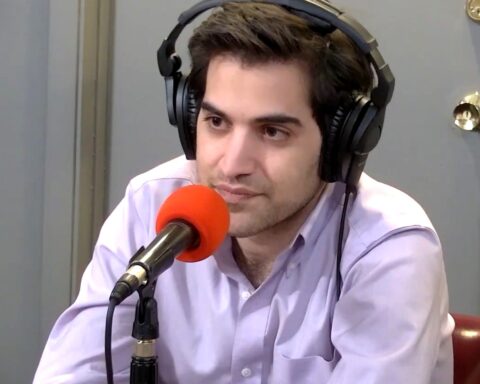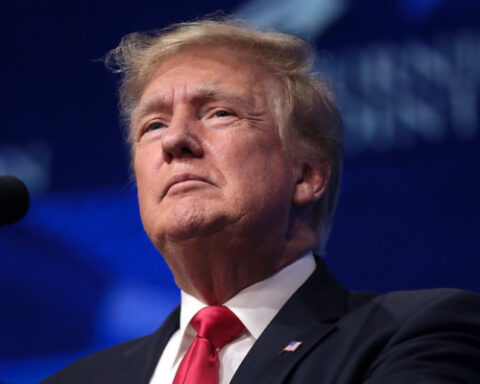Vice President JD Vance forcefully defended President Trump’s 28-point peace plan for Ukraine on Friday, pushing back against what he called uninformed criticism and insisting the proposal reflects “critical reality” on the ground rather than wishful thinking in Washington.
Posting on X, Vance laid out three core principles the administration believes are necessary for any meaningful peace agreement:
“1) Stop the killing while preserving Ukrainian sovereignty.
2) Be acceptable to both Russia and Ukraine.
3) Maximize the chances the war doesn’t restart.”
“Every criticism of the peace framework the administration is working on either misunderstands the framework or misstates some critical reality on the ground,” Vance wrote.
He blasted those he said are clinging to outdated assumptions about endless funding and limitless weapons shipments. “There is a fantasy that if we just give more money, more weapons, or more sanctions, victory is at hand,” he said. “Peace won’t be made by failed diplomats or politicians living in a fantasy land. It might be made by smart people living in the real world.”
The peace plan — negotiated by special envoy Steve Witkoff and Putin ally Kirill Dmitriev — reportedly caught even some of Ukraine’s closest advocates in Congress by surprise. Under the proposal, areas of Crimea, Luhansk, and Donetsk would remain under “de facto” Russian control, Ukraine’s military would be downsized, and NATO would be barred from stationing forces in the country — provisions pro-war critics argue tilt too far toward Moscow. In exchange, $100 billion in frozen Russian assets would go toward rebuilding Ukraine, and sanctions on Russia would be lifted.
The plan surfaced months after talks between Kyiv and Moscow collapsed and Trump publicly aired frustration over continued Russian strikes following his meeting with Putin. The U.S. responded with fresh sanctions on major Russian oil companies amid bipartisan calls for even tougher measures.
Some establishment Republicans, however, sharply criticized the peace framework. Sen. Roger Wicker (R-MS) blasted the proposed territorial concessions, writing, “Ukraine should not be forced to give up its lands to one of the world’s most flagrant war criminals.” He added that Ukraine’s military force structure “is a sovereign choice.”
Senate Minority Leader Mitch McConnell echoed the criticism, accusing Putin of “trying to play President Trump for a fool” and suggesting administration officials were too eager to appease Moscow. “If Administration officials are more concerned with appeasing Putin than securing real peace, then the President ought to find new advisors,” McConnell said.
Despite pushback, the White House signaled confidence in the ongoing negotiations. U.S. Army Secretary Dan Driscoll reportedly came away “optimistic” after meeting with Ukrainian President Volodymyr Zelensky this week. Zelensky thanked Trump for his efforts and confirmed his team is reviewing the plan.
Putin, during a televised meeting with his security council, suggested the U.S. proposal could form the “basis” for ending the war — though he predicted Kyiv would resist it.
President Trump has given Ukraine until Thanksgiving to respond, underscoring the administration’s urgency to end a war that has dragged on for more than three years and consumed tens of billions in U.S. aid.
Vance’s message was unmistakable: critics can complain, but reality — not rhetoric — will dictate how this war ends.
[READ MORE: CNN’s Scott Jennings Torches Democrat “Clowns” Behind Anti-Trump Military Video: “Extraordinarily Irresponsible]

